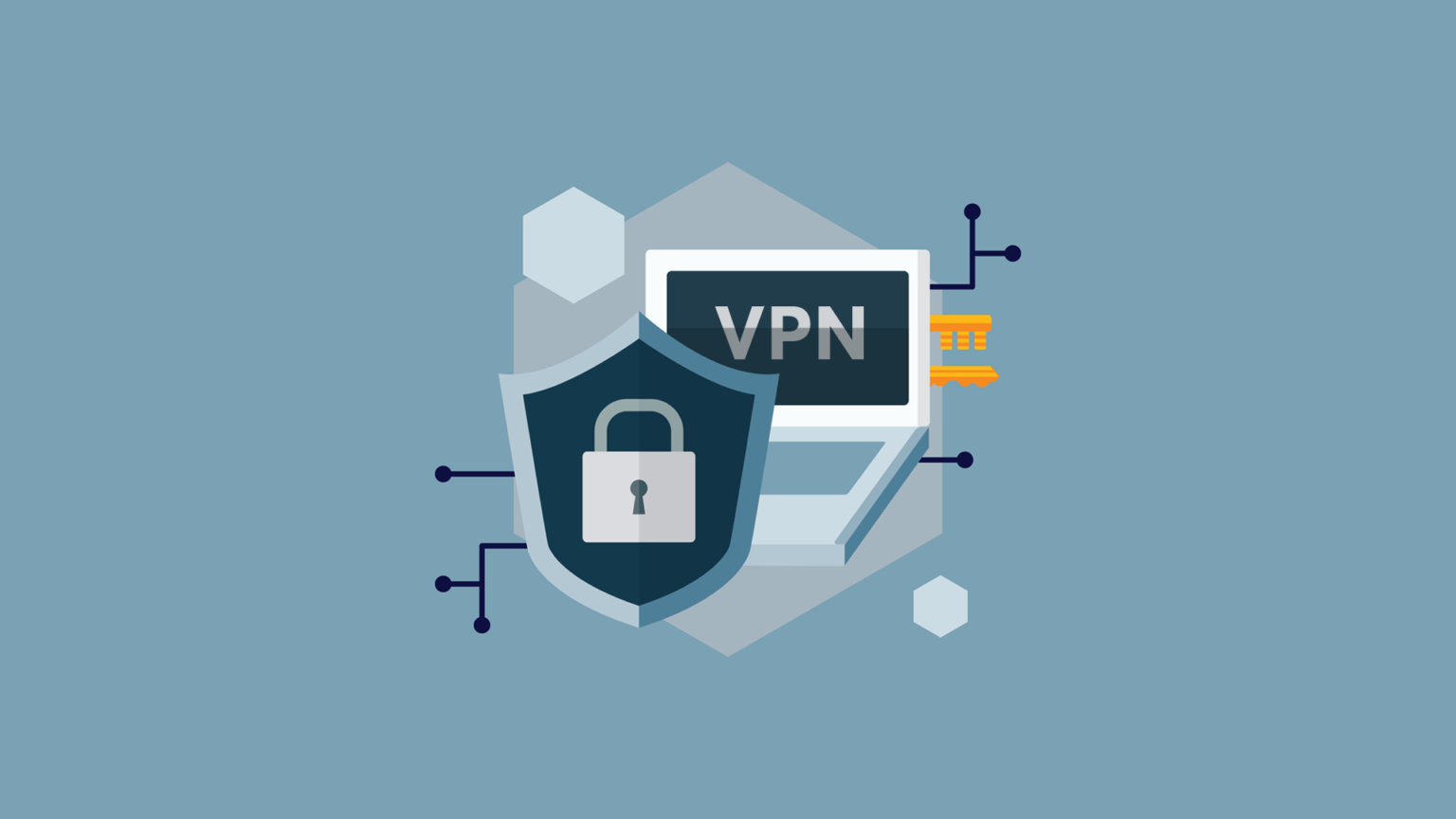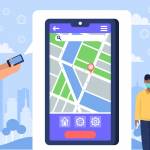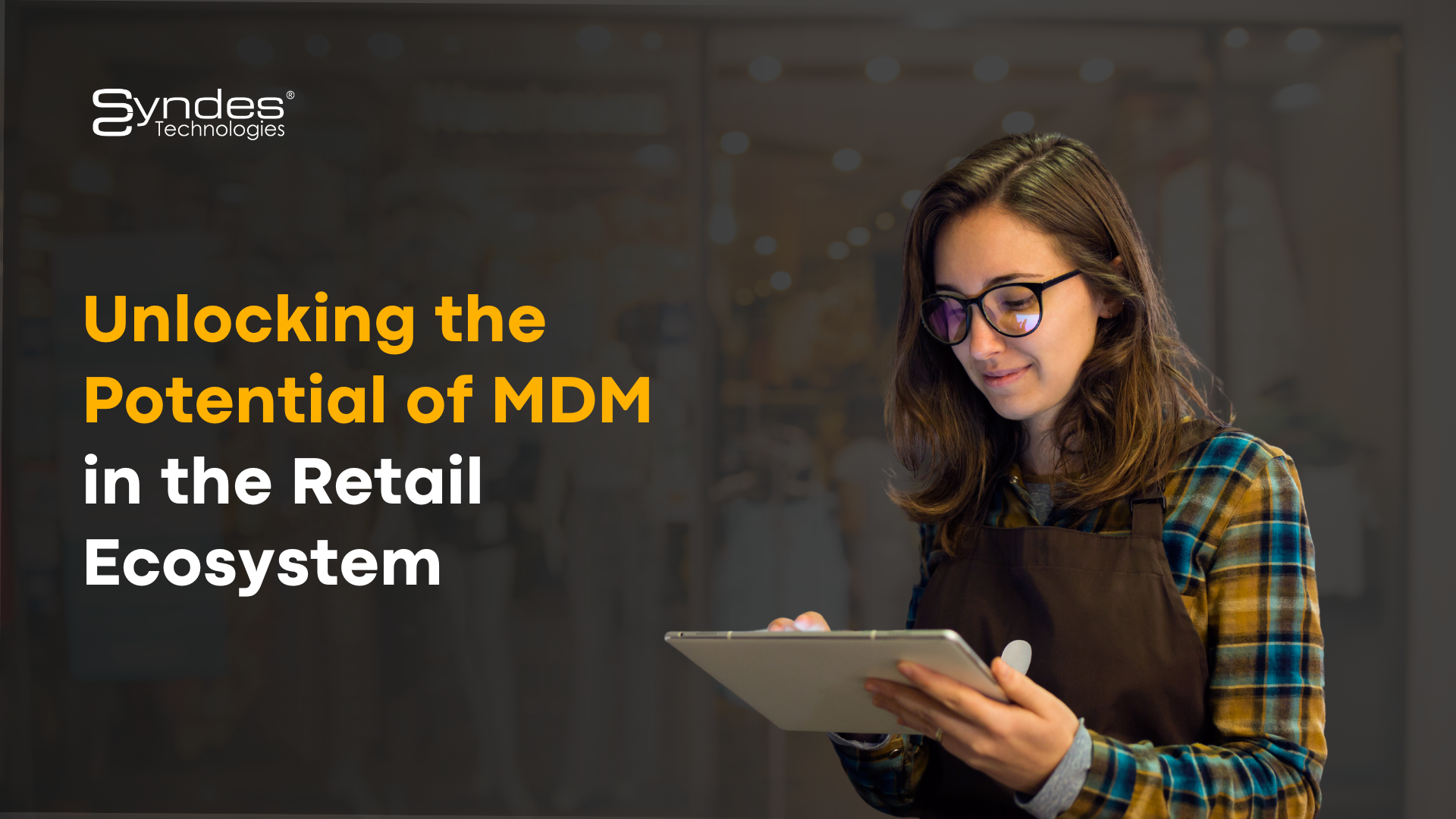
5 Vpn Myths That End Users Should Be Aware Of
You must be familiar with VPN, or virtual private network, technology if you’ve ever searched the web for safe browsing choices. VPN technology was initially developed to secure online privacy and encrypt internet traffic. Today, however, VPNs are a necessary piece of technology for hiding surfing history and offering a far more secure and private browsing experience. Still, there are other fallacies about the usage of VPNs that need to be dispelled.
What is a VPN?
A virtual private network (VPN) is a technology that allows you to create a secure connection to another network over the internet. VPNs are often used to securely connect to a remote network, such as a home network while you are travelling, or to a company network while working remotely. When you connect to a VPN, all of your internet traffic is routed through an encrypted tunnel to the VPN server, which helps to protect your data from being intercepted by third parties. This makes it much more difficult for anyone to track your online activities or steal your sensitive information. VPNs can also be used to access content that is restricted in your geographic location by masking your IP address and making it appear as if you are accessing the internet from a different location.
Why Would You Use a VPN?
The adoption of VPN increased by an astounding 27.1% in 2020, according to research by Globenewswire. Businesses switching to a remote working paradigm in order to protect operations during the COVID-19 outbreak were mostly responsible for this rise.
Many firms had required the usage of VPNs before to the pandemic because of the rise in cyberattacks. However, VPN use is not just restricted to businesses looking to secure sensitive data online. Businesses that want a first line of defence against hackers must use a VPN. For instance, a VPN builds a private virtual tunnel to encrypt data travelling over the internet. Thus, the data is kept secure and hackers are unable to view sensitive information like passwords as it travels over the network. Additionally, VPNs come equipped with tools that prevent nefarious websites, advertisements, and pop-up windows. These advertisements might occasionally cause malware infections on computers.
Let’s take a look at some of the most common VPN myths that internet users must be aware of:
Myth 1: VPNs provide 100% anonymity
One of the most prevalent VPN fallacies that people believe is this one. Millions of individuals surf shopping and leisure websites using VPNs on their work computers nowadays, believing that their online identities are entirely hidden. But that’s not quite accurate. Users must be aware that the VPN’s encryption is challenging to break, but not impossible. Additionally, users are not entirely anonymous. Users must authenticate themselves while connecting to a VPN, which is most commonly done via a username and password, certificates, and keys. As a result, the VPN service cannot guarantee customers’ entire privacy and may readily identify the machines connected to it. Similar to how it doesn’t totally shield the devices from infection, a VPN.
Myth 2: VPNs collect no data
A VPN’s main objective is to secure the data that passes via its tunnels. Users’ IP addresses are hidden, making it impossible for anyone to find the users’ actual IP addresses. In order to access entertainment on work devices, such as Netflix, YouTube, Torrent, and many others, a lot of consumers utilise VPN.
Many users, however, could believe that VPNs do not gather their data. The majority of free VPN services have access to the IP addresses, times, and dates that users’ devices connect. While commercial VPN providers gather information on software, apps, and patch updates for devices.
Myth 3: All VPN services are the same
There are several free and premium VPN service providers on the market when selecting a VPN service provider. Users must keep in mind, nevertheless, that nothing in this world is free. Free VPN service providers can often sell users’ records for monetising purposes. In the worst-case scenario, they may start displaying advertisements to their users on websites they visit.
Paid VPNs are subject to stricter requirements. Paid VPNs are safer alternatives since they don’t track their users as their free equivalents do.
Myth 4: You don’t need a VPN if you don’t do anything illegal
Vpns provide advantages beyond privacy. When utilising online banking services, sending private emails, or keeping critical information on devices while connected to a public Wi-Fi network, it helps customers stay secure. It stops cybercriminals from stealing data and finding their targets online.
Furthermore, it is foolish to assume that VPNs are utilised for illicit activities. Travellers, international students, journalists, and a host of others are a few examples of those who could profit from using VPNs frequently.
Myth 5: VPN slows down the internet speed
The last prevalent VPN misconception is that using a VPN drastically reduces internet speed. The level of the encryption, the VPN settings, and the server load are some of the variables that might affect the internet speed while using a VPN service. To reach a server in another nation, the data passes through a VPN server in an encrypted format. The connection is likely to be slower if the servers are farther apart. In order to get faster internet, customers may always choose servers from adjacent cities or neighbouring nations.
Conclusion
Mobile Device Management makes it simple for organisations to set up VPN settings on Android and iOS devices for distant workers who need to protect company data. By selecting the Always-on checkbox, administrators may set corporate-owned devices’ VPN networks to be “always-on.”
Source: 42Gears Mobility Systems. (2021, January 18). Top 5 VPN Myths That Every Internet Users Should Know. 42Gears Mobility Systems. https://www.42gears.com/blog/5-common-vpn-myths-your-end-users-need-to-know/
Related posts
Sorry, the comment form is closed at this time.






